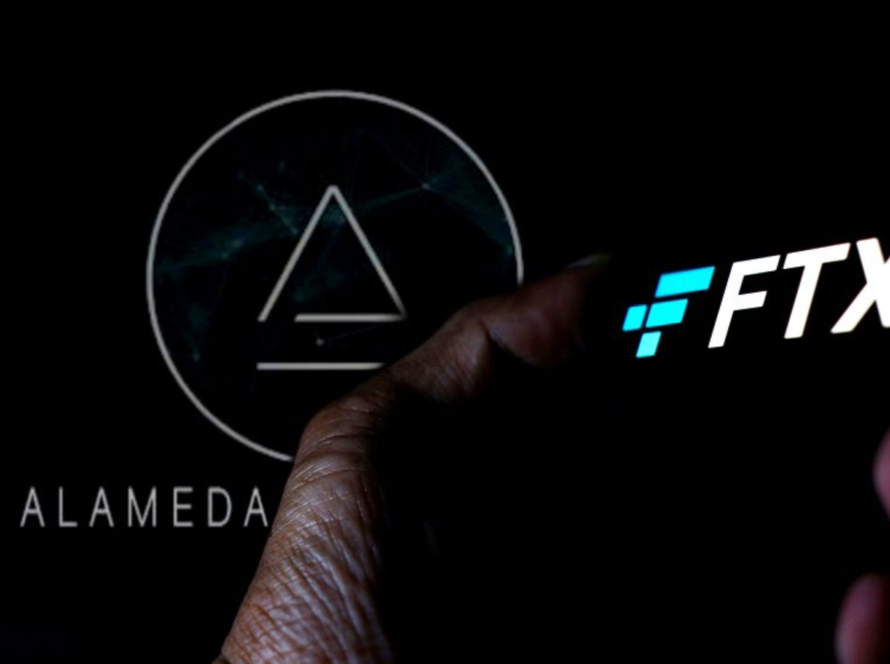Liquid staking provider Lido Finance holds a 32.4% market share of all staked Ether, raising concerns of its “uncapped dominance”.
Last September, Ethereum made the momentous leap from proof-of-work to proof-of-stake. The network no longer relies on energy-intensive crypto mining to secure itself: it relies on staking, which involves holders ‘locking up’ their crypto as collateral in a smart contract to validate transactions.
Holders stake their Ether in return for a reward – i.e. more Ether. The most popular way to stake Ethereum is through liquid staking, which involves delegating your Ether to a trusted staking provider (such as Lido) while still maintaining the liquidity of your assets.
Read more: What is Liquid Staking and What are the Benefits?
Data from Dune Analytics shows that 26,381,379 Ether ($43 billion) is now staked, approximately 21.95% of Ethereum’s total supply.
The biggest staking provider by far is Lido Finance, which holds one third of all staked ETH (32.4%) – four times more than Coinbase, which is the second largest staker.

Of liquid staking depositors, Lido holds a staggering 86.42% market share. The second largest is Rocket Pool, which holds 8.09%.

Lido’s dominance has provoked concern in the Ethereum community, who worry that the numbers threaten to undermine the network’s decentralisation.
Evan Van Ness, Ethereum’s chief decentralisation officer, wrote on X that “Lido may be the biggest attack on Ethereum’s decentralization (“credible neutrality”) in our entire history. It’s about to breach 33%, yet many are staying silent. Why?”
In a similar vein, Ethereum investor Ryan Berckmans argued that Lido’s “uncapped dominance” poses a serious risk to Ethereum’s future as a global settlement layer in the years to come.
“The realistic worst-case scenario for Lido’s uncapped dominance isn’t network disruption,” he wrote, “It’s that Ethereum develops a reputation among corporations and governments as having been ‘captured’ or ‘not actually that decentralized relative to other chains’.”
Berckmans suggested that levelling the playing field “for all of humanity” is worth the “social friction of hassling Lido to target a 22% market share via a floating protocol fee”.
In June 2022, Ethereum co-founder Vitalik Buterin suggested something similar, tweeting that if a stake pool controls >15%, it should be “accepted and even expected” for the pool to increase its fee until the rate goes back below 15%. If fees increase, validators will be incentivised to stake elsewhere, improving the decentralisation of the network.
Pseudonymous X user cryptosmitties, a developer at JustCause, a DeFi crowdsourcing platform, agreed, adding, “Agree that 33% is way too high. You cannot have a single entity producing that high % of blocks. It definitely hurts the network’s credible neutrality. Even 22% is too high imo. Shaming them to self cap won’t work though. Growing network adoption might.”
What’s behind the rise in liquid staking?
It isn’t easy to become an individual Ethereum validator (otherwise known as a staker). To become a fully-activated node, users must invest 32 ETH, roughly $52,171 at the time of writing, which serves as collateral to incentivise honest behaviour in the network. (If a validator behaves maliciously, such as trying to double-spend coins or validate fraudulent transactions, they will lose their staked coins as a penalty.)
Liquid staking pools like Lido however have no minimum deposit for individuals, giving investors a much easier point of entry to staking.
Read more: What is crypto staking? | Staking made simple
Staking also requires a ‘lock-up’ period which limits usability and liquidity for a certain period of time. Liquid staking pools such as Lido circumvent this period through tokenized staking, whereby staked tokens are converted into a representation of the staked tokens, known as a “staking derivative”.
Lido’s staking derivative is stETH, and it can be freely traded while still earning staking rewards. It’s currently the seventh largest cryptocurrency, boasting a market cap of $13.9 billion.

Disclaimer: CryptoPlug does not recommend that any cryptocurrency should be bought, sold, or held by you. Do conduct your own due diligence and consult your financial advisor before making any investment decisions.




